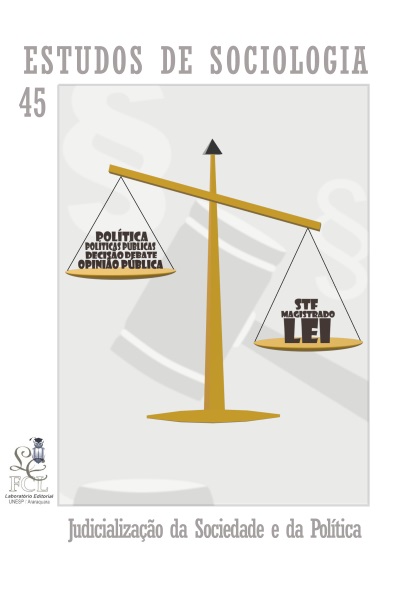Geographical indications as a territorial development strategy: a braudelian analysis between Brazil and Europe
DOI:
https://doi.org/10.52780/res.10296Keywords:
Geographical indications, Territorial development, Racial world division of labor,Abstract
The present work seeks to analyze Geographical Indications as a territorial development policy in Brazilian and European contexts based on the concept of a capitalist world economy, in order to discuss the emergence of a sophisticated way of maintaining the worldwide hierarchy of racial division of labor. Accordingly, the theoretical foundations of Fernand Braudel, Immanuel Wallerstein and Aníbal Quijano are used. We consider, therefore, that geographical indications represent a new form of capital maintenance, since although they generate dynamization and increased income in some semi-peripheral rural territories that were previously disadvantaged by agricultures’ productivist views, these gains are, a priori, lower than the gains of territories from countries of the central nucleus (Europe) that are due to the cultural domination linked to old-world ethnic-racial identities.
Downloads
Downloads
Published
How to Cite
Issue
Section
License

À revista Estudos de Sociologia ficam reservados os direitos autorais pertinentes a todos os artigos nela publicados.
Os artigos publicados e as referências citadas na revista Estudos de Sociologia são de inteira responsabilidade de seus autores.
A Estudos de Socilogia utiliza a licença https://creativecommons.org/licenses/by/4.0/ (CC BY), que permite o compartilhamento do artigo com o reconhecimento da autoria.



